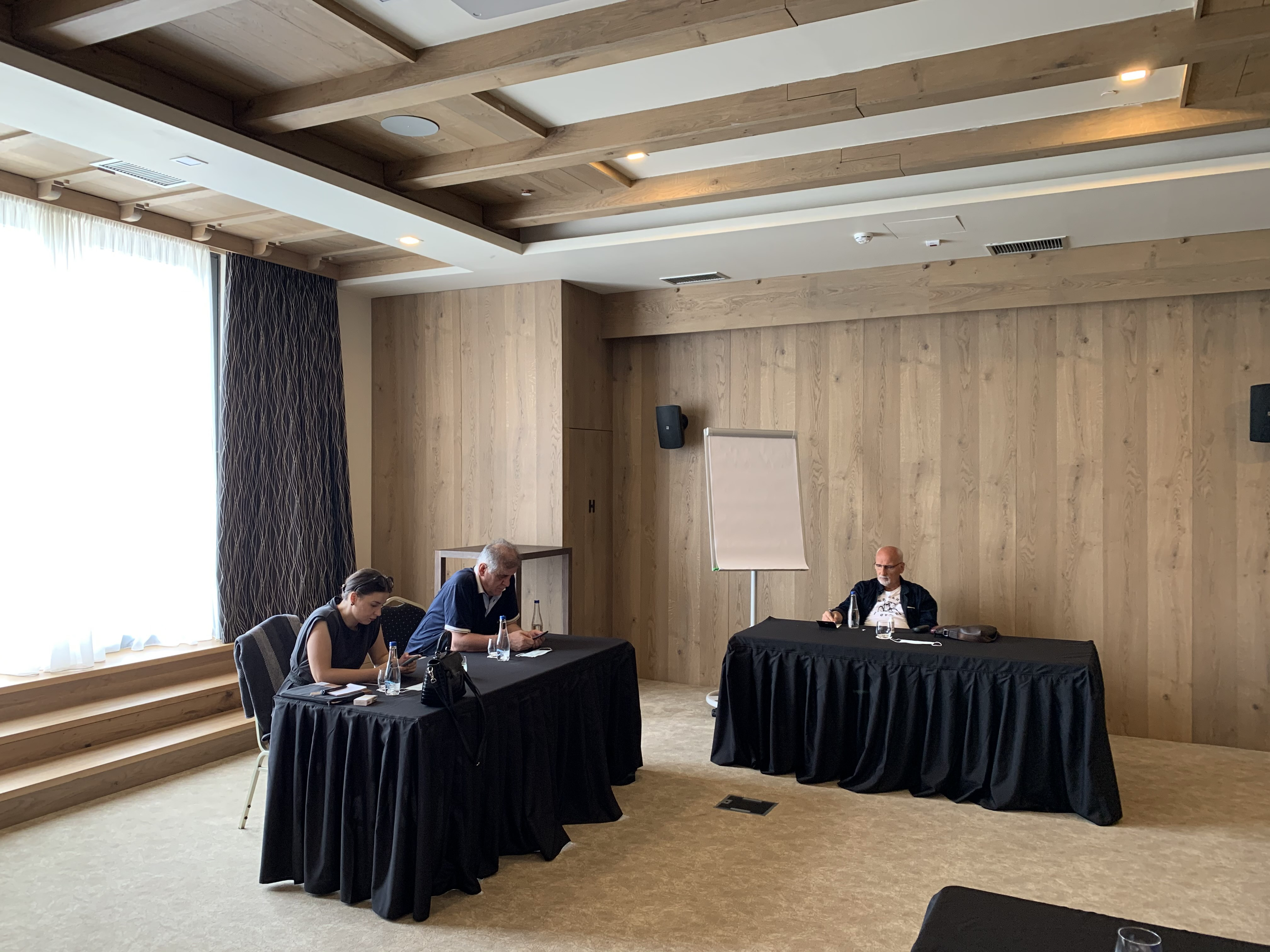Serbian and Kosovo leaders returned to the EU-facilitated negotiating table in July 2020, after a two-year suspension. But ‘getting to the table’ and ‘getting to a yes’ are two different things. Getting to agree on a durable and enforceable agreement requires committed leadership on the part of Kosovo, Serbia, and the international community. To Kosovo and Serbian politicians, potential negative domestic reactions to ‘agreeing to agree’ seem a bigger risk than eventual international outrage over ‘failing to agree.’ There are ways to weaken this disincentive. The international community has enough sticks and carrots to change the leaders’ perception of their domestic vulnerability. It could help ease these concerns by committing enough carrots to instill public confidence in the process. The EU has a lot to give that the Serbian and Kosovo populations want and the US has the influence needed for a successful negotiation. These were the main themes of a workshop of a group of analysts from Serbia and Kosovo conducted by the Council for Inclusive Governance (CIG) on July 24-26, 2020 in Kopaonik, Serbia. The discussions addressed the new political dynamics, the renewed negotiations, and an eventual dialogue outcome. The workshop is part of a project on the Kosovo-Serbia relations supported by the Swiss Federal Department of Foreign Affairs. Below is the report from the meeting.

